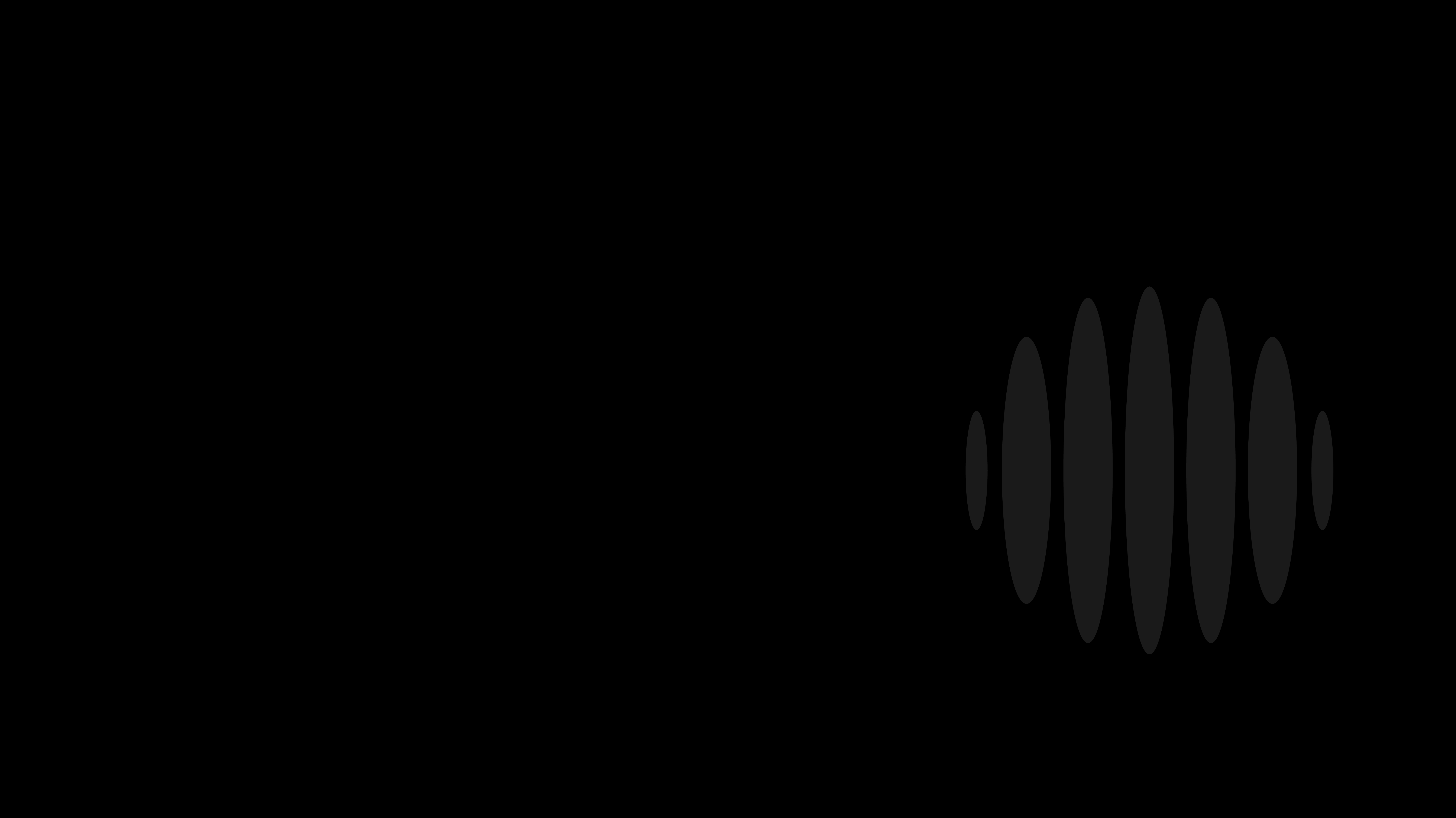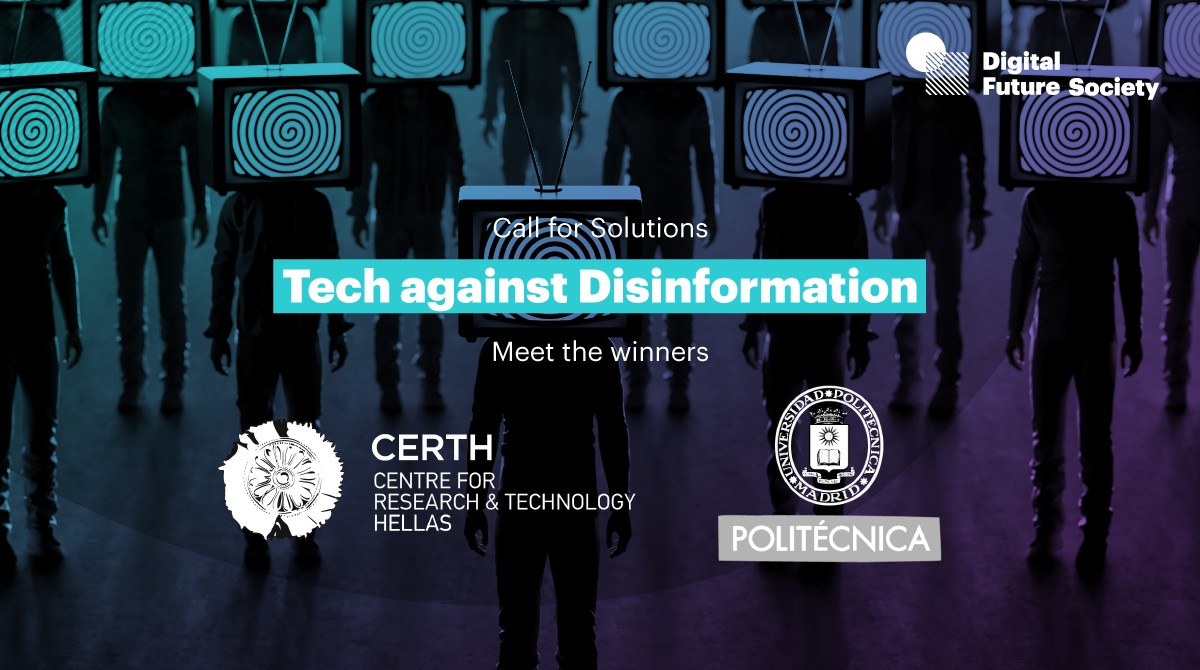
- The projects stand out for their disruptive approach and base their solutions on Artificial Intelligence
- The winning proposals, from Spain and Greece, will receive an economic contribution of up to 40,000 € to develop their pilot projects

30 Setember, 2021
Barcelona, 30 September of 2021. Digital Future Society rewards two innovative technological solutions aimed at combating disinformation by optimizing information verification processes. The winning proposals allow detection of manipulated images (DeepFake*) and the tracking of false claims on different Internet platforms through language analysis. The challenge Tech against Disinformation, with an international scope, has received a total of 24 proposals from ten countries that seek to approach the problems of disinformation from different perspectives.
The awarded Spanish project, a research group named AI+DA (Applied Intelligence and Data Analysis) of the Polytechnic University of Madrid (UPM), combines multilingual natural language processing (NLP) based on Artificial Intelligence (AI), social network analysis and information tracking in networks to detect, track and create an automated analysis of false claims, more commonly known as hoaxes. This advanced solution aims to implement a multilingual architecture capable of recognizing and comparing texts in Spanish, English, Catalan or Basque, among others. A tool that allows to double-check information in different languages without missing any details in the translation and consequently tracking a path of shared information, to see all its history, from the first appearances on social networks to its current state.
Another award-winning solution is the DeepFake Detection Lab from the Hellas Research and Technology Centre (CERTH) based in Greece. This project is aimed at verification agencies, it seeks to grant fact-checker with necessary resources and knowledge to understand and counteract the growing issue of DeepFake technology. By founding the DeepFake Detection Lab, an easily accessible web portal, the researchers hope to address the challenges of identifying AI-manipulated faces in image and video with practical examples and an automatic detection tool to upload content and identify visually modified material.
The winning proposals were chosen by a jury formed by experts of disinformation, social networks, and technology from the academic, journalistic, and technological fields. Which highlighted that the solutions were chosen because of their innovative approach that can help reduce dissemination and impact of disinformation in society. The jury that evaluated the challenges was composed of Cristina Colom, Director at Digital Future Society; Ramón Salaverría, Scientific Coordinator of the Society and Communication research line at University of Navarra; Alberto Barrón, Senior assistant professor at University of Bologna; Cristina Tardáglia, Senior Director of Programs at the International Centre for Journalists (ICFJ); Carles Sora, Director of the Center for Image and Multimedia Technology (CITM) at Univeristat Politècnica de Catalunya and Sandra Rodríguez García, Education Project Officer-Higher Education Section at UNESCO.
Piloting and co-financing by Digital Future Society
The winning solutions will receive full support from Digital Future Society in the execution and coordination of the project, as well as co-financing via an economic contribution of up to € 40,000 and the possibility of testing the solution in a real environment. In addition, a mentorship will be offered to the teams to increase the visibility of the projects and therefore generate synergies with the local and national ecosystem in Spain.
This challenge counted with the contribution of Newtral, EFE Verifica, Verificat y Corporació Catalana de Mitjans Audiovisuals, which show their true compromise with the fight against disinformation, one of the main challenges of this digital age that can become a major threat to democratic societies and indirectly reduce citizen’s trust.
* EXPLANATORY NOTE: A DeepFake is a video, image or voice file manipulated by Artificial Intelligence software that appears as an original, authentic, and real piece; in particular, these are machine learning techniques called deep learning, which use neural network algorithms.
Stay up to date about everything
Subscribe to stay up to date with the latest content from Mobile World Capital Barcelona.